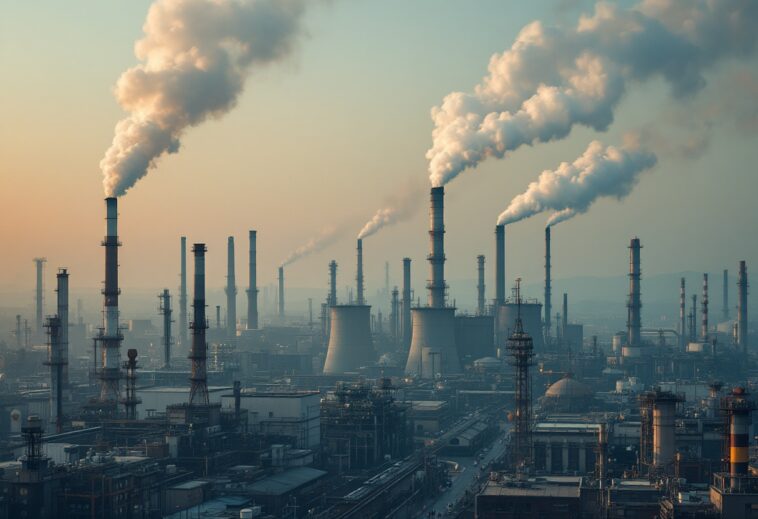Table of Contents
Introduction
The Environmental Protection Agency (EPA) is undergoing significant changes under the Trump administration, with a shift towards appointing political loyalists to key positions. This move has sparked debates about the implications for environmental oversight and the integrity of scientific research within the agency.
Political Appointees vs. Career Employees
Traditionally, the EPA has been led by career employees who have navigated the complexities of environmental laws and regulations across various administrations. However, recent reports indicate that the Trump administration plans to demote these career professionals in favor of political appointees.
This strategy aims to enhance the influence of Trump loyalists over critical areas such as scientific research, pollution enforcement, and hazardous waste management.
Critics argue that this shift injects partisanship into roles that have historically been nonpartisan, potentially undermining the agency’s mission to protect the environment.
By appointing individuals with ties to the oil and chemical industries, the administration raises concerns about conflicts of interest and the prioritization of corporate interests over public health and safety.
Bypassing Congressional Oversight
One of the most significant aspects of this restructuring is the ability for new appointees to assume acting roles without the need for Senate confirmation.
This circumvention of congressional approval allows the Trump administration to implement changes more swiftly, potentially sidestepping checks and balances that have been in place to ensure accountability within federal agencies.
As the EPA continues to evolve, the implications of these changes could be far-reaching.
Environmental advocates worry that the agency may become less effective in enforcing regulations designed to protect air and water quality, especially in the face of climate change challenges.
Lessons from the First Term
The current administration appears to be learning from its first term, where career staff often resisted efforts to roll back environmental protections.
By strategically placing political allies in key positions, the Trump administration aims to streamline its agenda and dismantle regulations that it views as obstacles to economic growth.
With figures like David Fotouhi, a lawyer challenging asbestos bans, and Nancy Beck, a former lobbyist for the chemical industry, stepping into influential roles, the agency’s direction is increasingly aligned with industry interests. This trend raises alarms among environmentalists who fear that the EPA’s foundational goals may be compromised.
The Future of Environmental Policy
As the Trump administration reshapes the EPA, the future of environmental policy hangs in the balance. The agency’s ability to effectively combat climate change and enforce pollution laws may be significantly hindered by the influx of political appointees. The ongoing debate about the role of science in policy-making and the importance of maintaining a nonpartisan approach to environmental protection will be crucial in the coming years.
In conclusion, the changes at the EPA reflect a broader trend of politicization within federal agencies, raising questions about the long-term implications for environmental governance and public health. As the situation develops, it will be essential for citizens and advocacy groups to remain vigilant and engaged in the fight for effective environmental policies.




